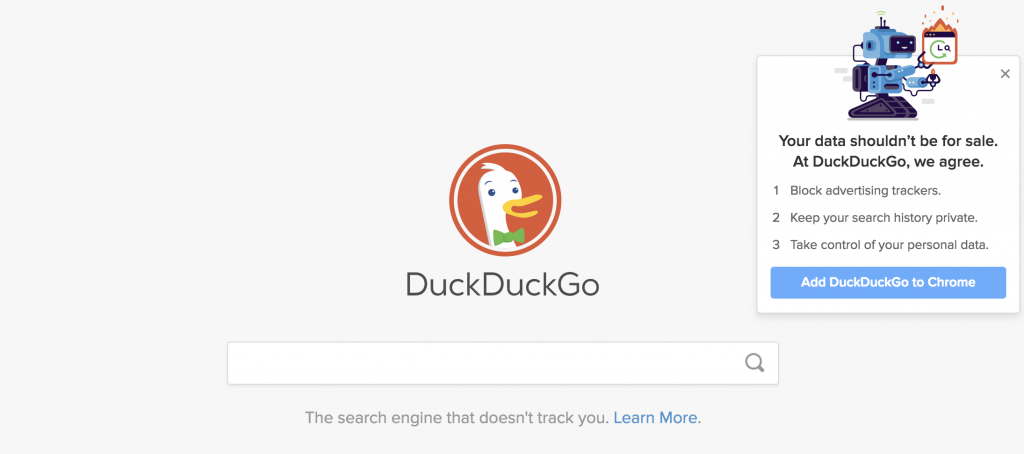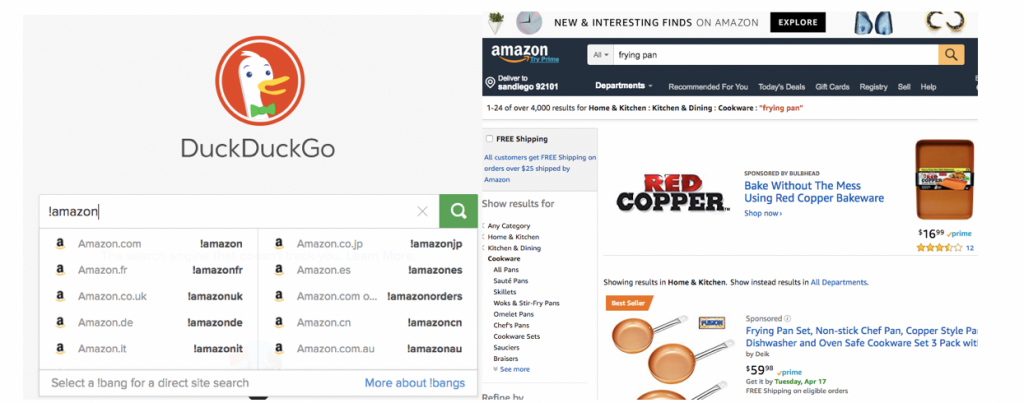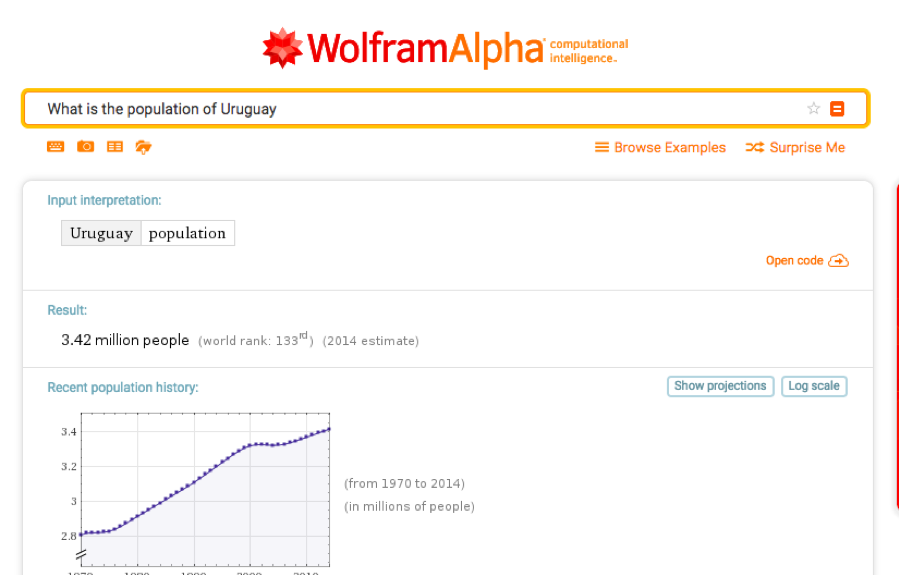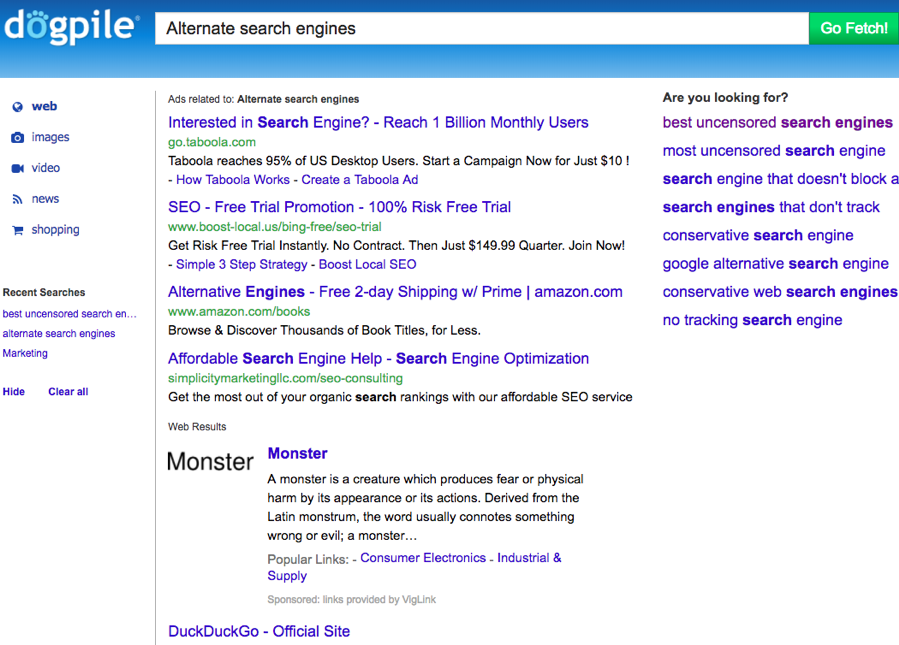In the current wake of privacy controversies with the big tech companies, users are boycotting and seeking out alternate options. While the majority of internet users (69% to be exact) are searching via Google, (closely followed by Microsoft’s Bing, and Yahoo), many are disenchanted with the company. Whether it be a dislike of their politics, their Silicon-Valley monopoly or their user-tracking features, there are a fair amount of anti-establishment sentiments in regards to search engines. SEO and marketing professionals are often at the forefront of the protests, having to deal with ever-changing algorithms, updates to webmaster’s guidelines, etc. etc. But can you fight city hall? Is it really worthwhile to use a different search engine? Like with most things; the functionality of a tool depends on the user’s needs. Are you an average internet browser, or are you digital marketing professional that needs hundreds of searches daily? Let’s check out a few options and discuss their viability…
DuckDuckGo
DuckDuckGo is not new to the search engine game, it’s been around for over 10 years, and boasts over 18 billion lifetime searches. Their main pitch; they do not track user’s data, and therefore have no targeted advertisements. They do have ads based on your current search, but no history is saved.
The main page closely resembles Google’s homepage. You’re also prompted as typing (much like Google) to clarify your search query. However as soon the first search is performed you’ll notice fewer ads. The results page has a zero click feature, meaning you can scroll through the search results without having to click to a new page.
One of the more unique aspects of DuckDuckGo is the Bang feature. ‘Bangs’ allow the user to search directly on a website for an item or term. For example; searching on Amazon for frying pans, type “!amazon frying pan” and you will immediately be directed to that search page on Amazon’s site. There are currently 10,000+ websites participating in bangs. DuckDuckGo does receive affiliate revenue everytime you visit a site through a bang search, which is one of their revenue streams.
DuckDuckGo is a workable alternative to Google for users that are concerned with protecting their personal data.
The flipside to this, results may be less accurate or on-message than Google, because they keep track of browsing history and utilize it to customize future searches. Your results with DuckDuckGo will not be as intuitive. If you want a deeper dive, you can check out this marketer’s week-long experiment of using only DuckDuckGo.
Boardreader
Boardreader is unique in that unlike other search engines that pull from the highest trafficked or ranked sites, it’s results are exclusively pulled from chat forums, Reddit, and message boards. Its meant to offer users access to more human-to-human discussions. You can check out what’s trending across forums and boards, and refine your results based on the type of post or thread. The advanced search option allows you to narrow your search down by language, domain, or even date.
The obvious drawback is that Boardreader is very niche-focused, and could not be used as your main search engine, it’s truly only for searching forums or message boards.
WolframAlpha
WolframAlpha is not a true search engine, it is a ‘computational knowledge engine’ IE- calculation engine. It pulls data from various sites and public databases, and provides calculations, statistics, historical facts, and many other options. This is a great tool if you are looking for quick and concise information, like an answer to a algebra problem, population figure, or translation. However because it only offers answers and not corresponding sites, it cannot be used as a main search engine.
Yippy
Yippy is a metasearch engine, meaning it pulls data from multiple search engines, as well as deep web pages (data not indexed by conventional sites like Google or Bing). Their motto is; Welcome to Your Data, implying users have access to much more content than with a traditional search engine. This would prove helpful for those looking to access obscure information. Yippy also offers enterprise solutions for business, however for everyday users, the search engine performs much like others. The layout offers a both a preview and new window option for links, which can be helpful.
Dogpile
Dogpile, while an odd choice of name, is another metasearch engine, and pulls from multiple engines to generate results. They have a very simple and clean interface, ads are clearly labeled at the top of the search results, you can chose to search web, images, news, etc. Dogpile saves previous searches to tailor results, however doesn’t track users nearly as much as Google, it only keeps track of 15 most recent searches and that is deleted once the browser is closed. This might not be a true compliment to using Google for digitally minded professionals, but could be an option for a more novice searcher looking for a simple platform.
Is it worth it to use alternate search engines?
With leaks, controversies, and scandals, the conversation surrounding data privacy and ownership is continuing to grow. Even though Google is still the highest used search engine, it’s often at the center of this dialogue. While Bing and Yahoo are the runners up, they too, are backed by large corporations, which causes users to seek out alternatives. Of the options we’ve discussed, DuckDuckGo seems to offer the closest match to a major search engine, with the most concern for the user’s privacy. WolframAlpha and BoardReader could be used for their unique features in complement to another search engine. Yippy and Dogpile, might be a little behind the race in terms of functionality and performance. If you are an SEO professional it’s unlikely you can just up and ditch the big 3 search engines any time soon, but for average users you might be able to use a team of options to give you a similar experience.







